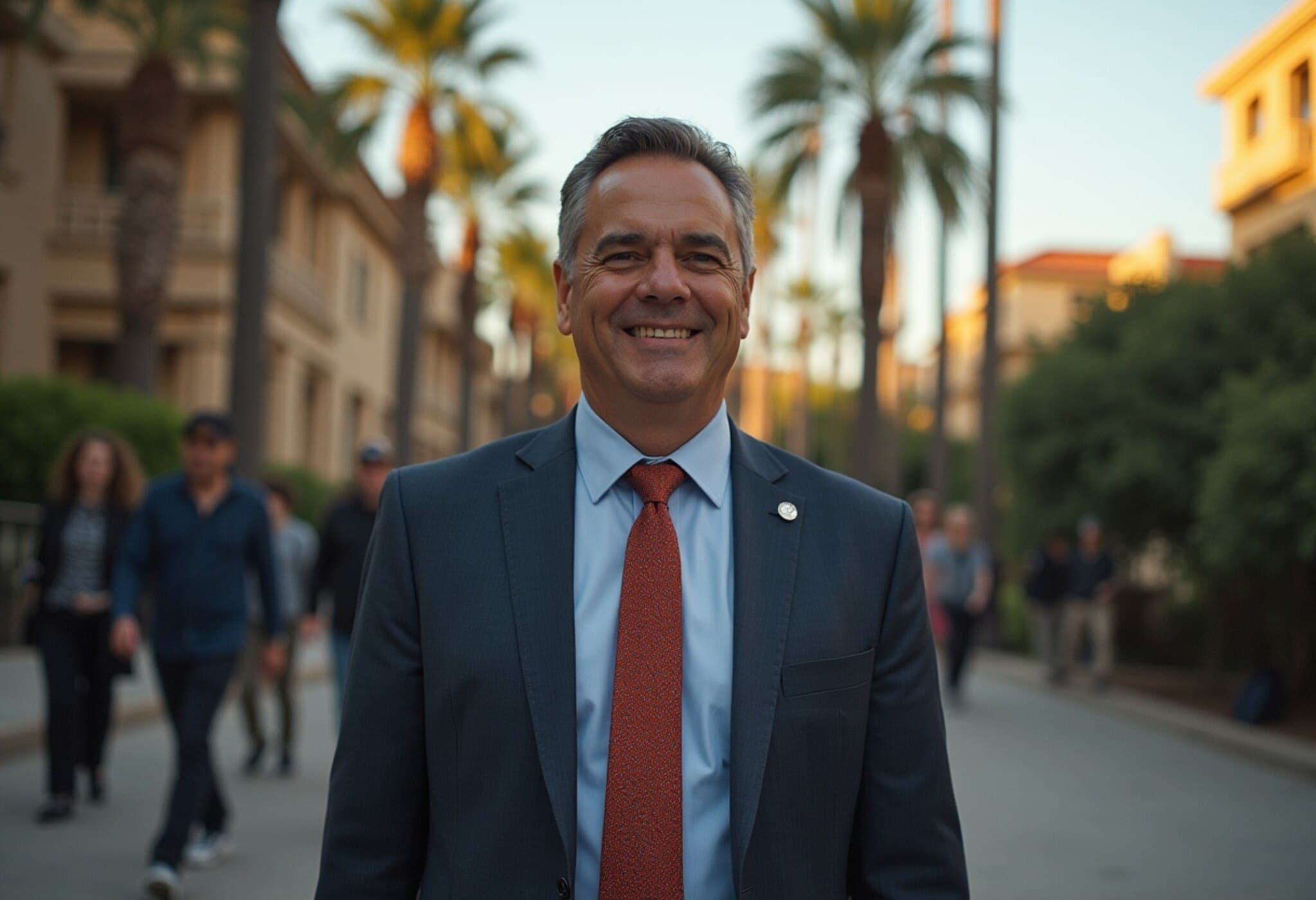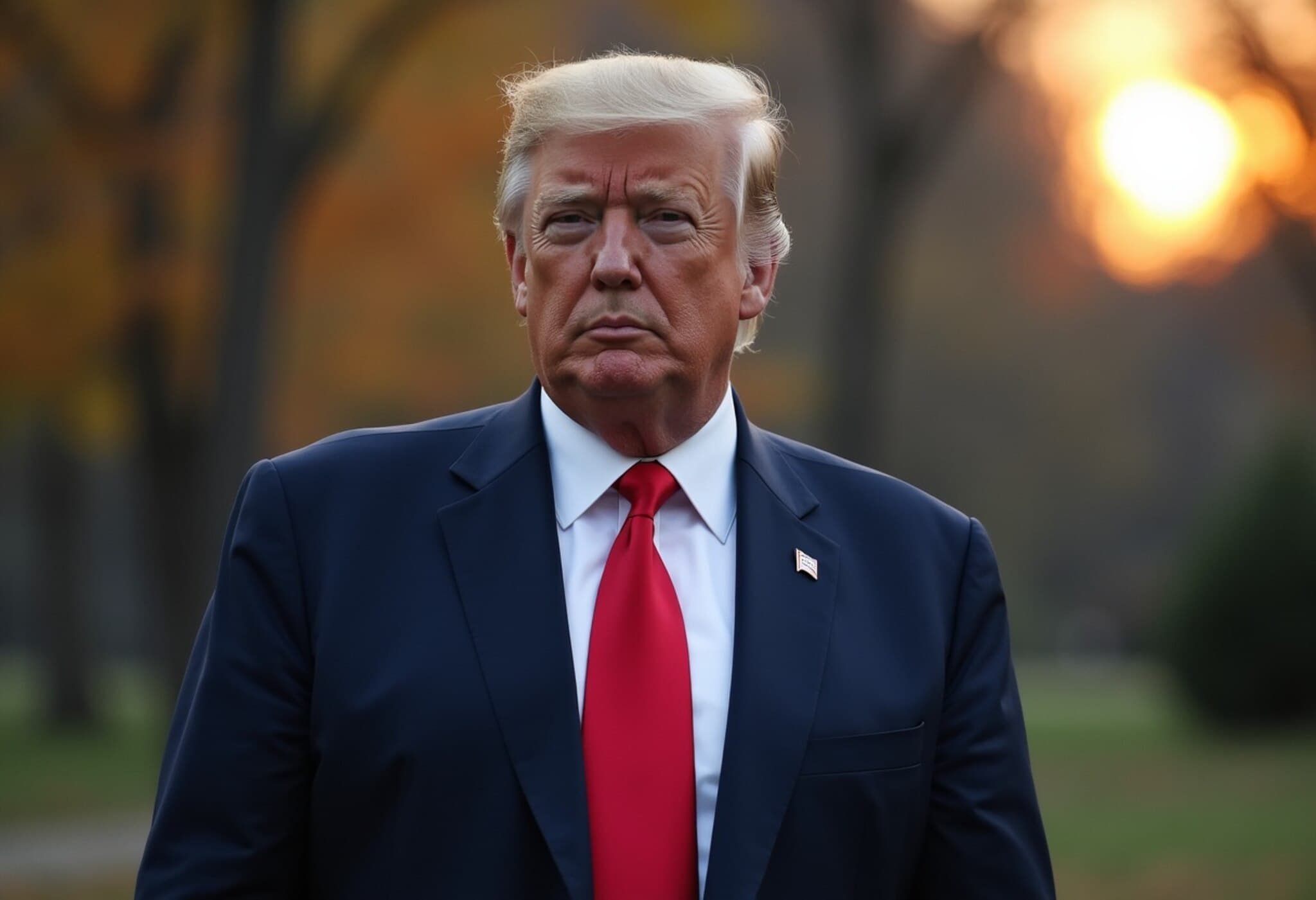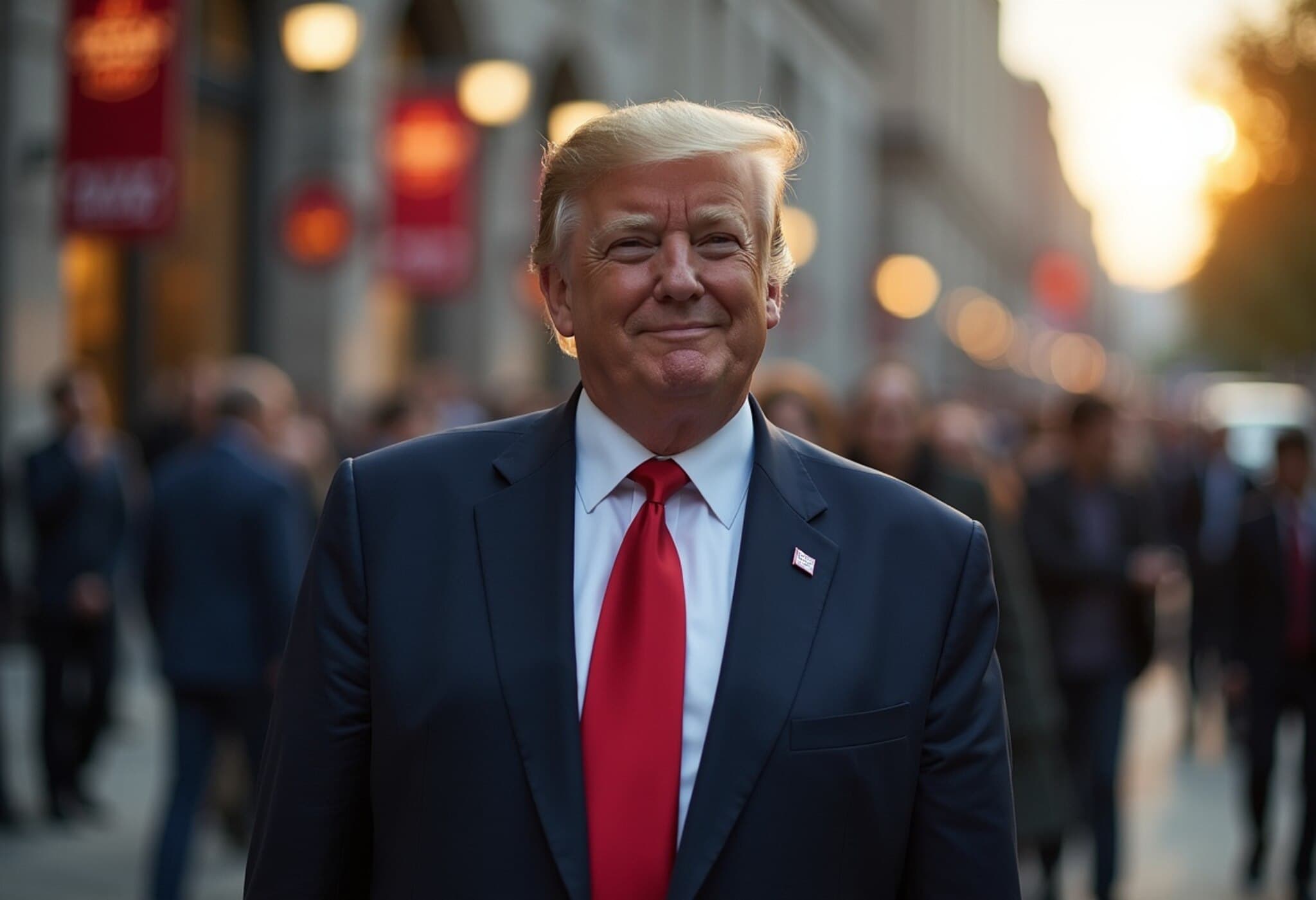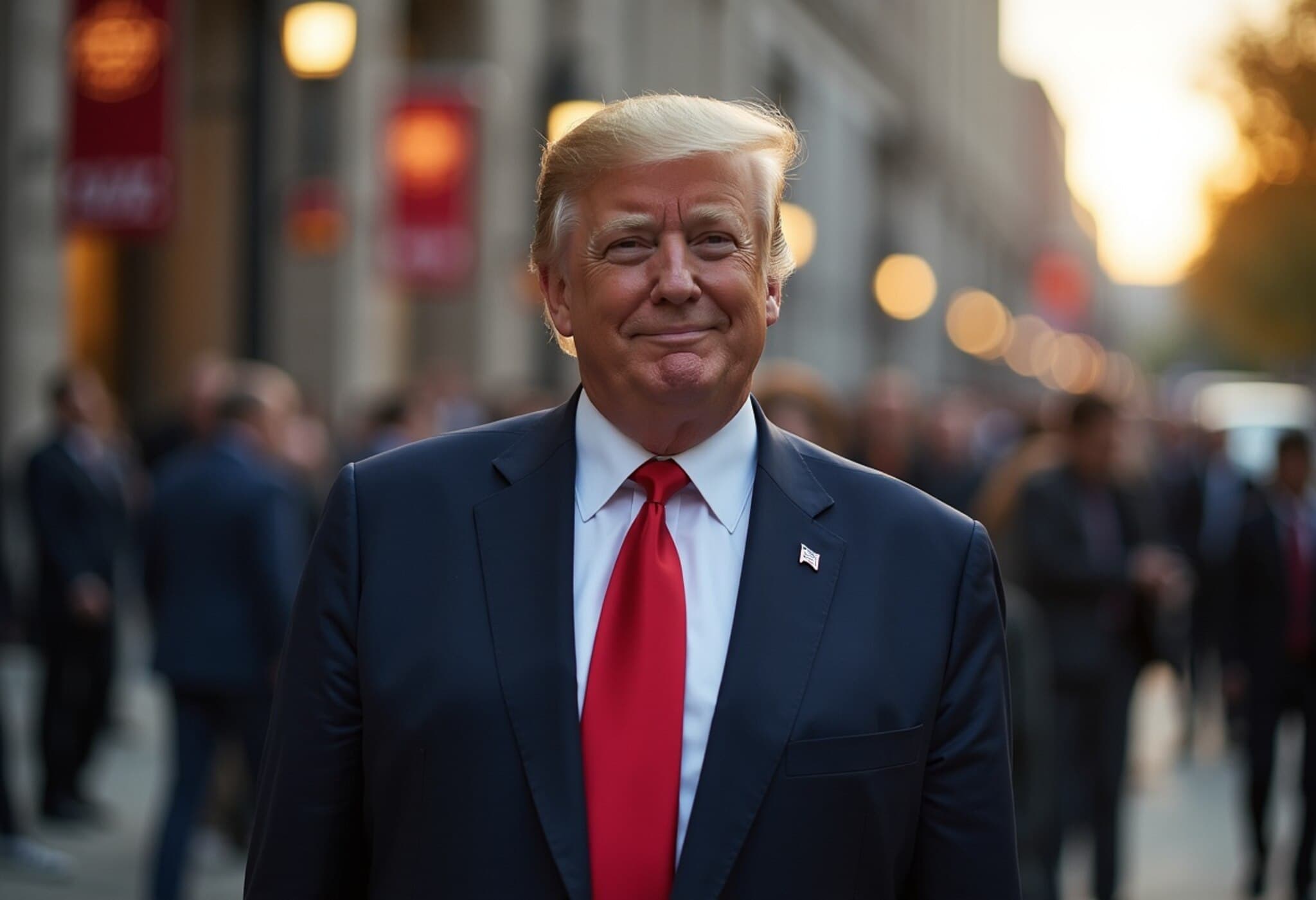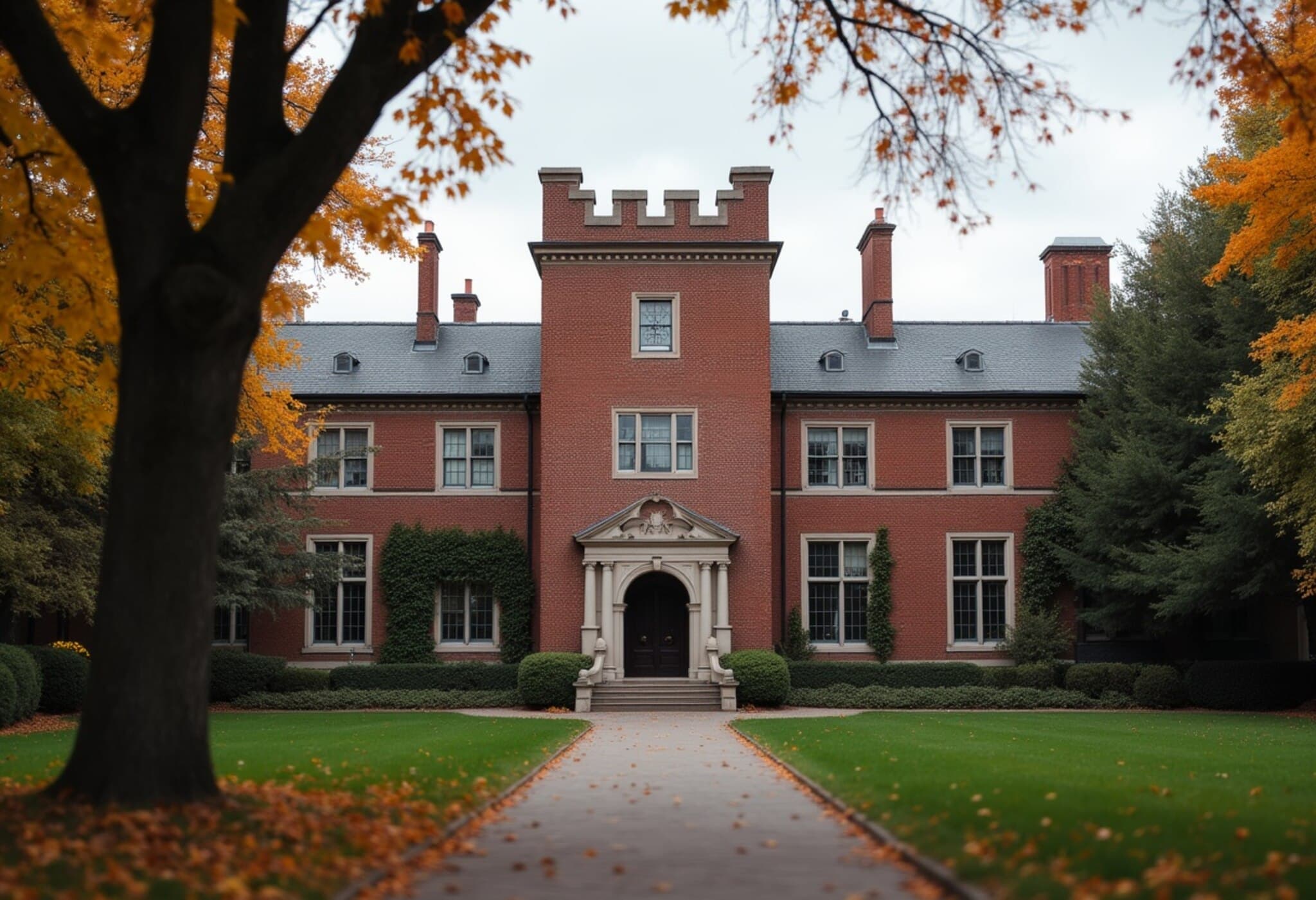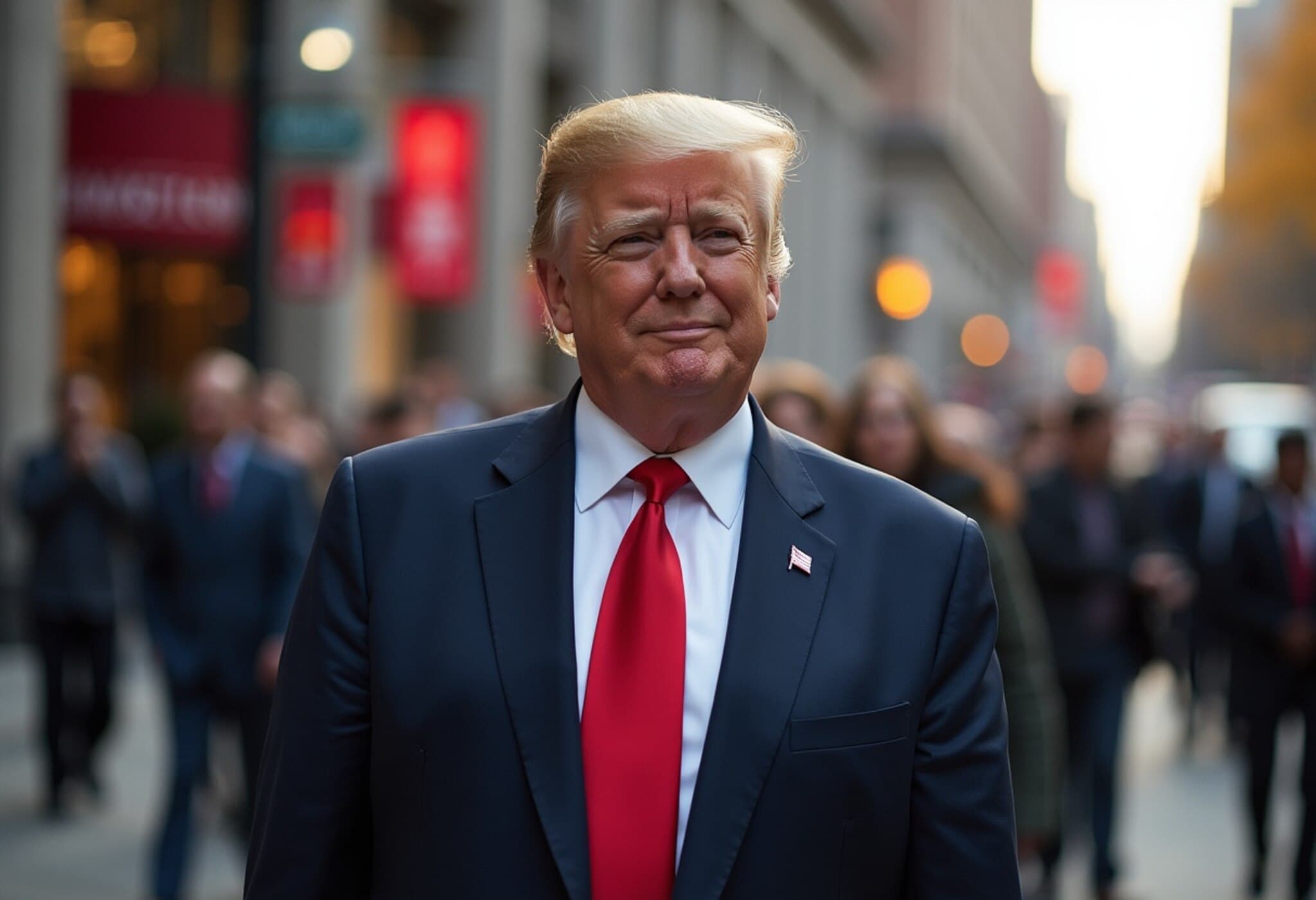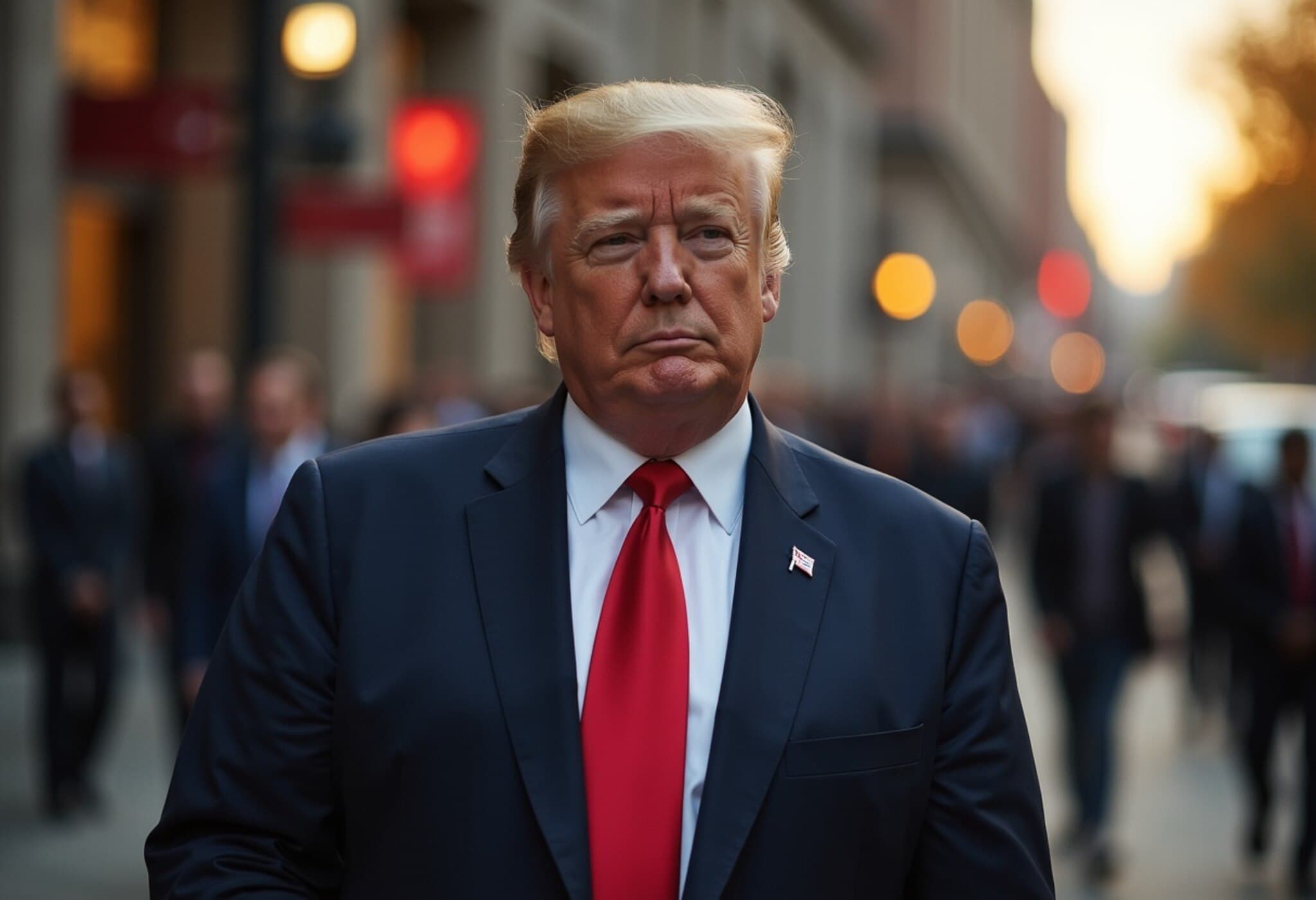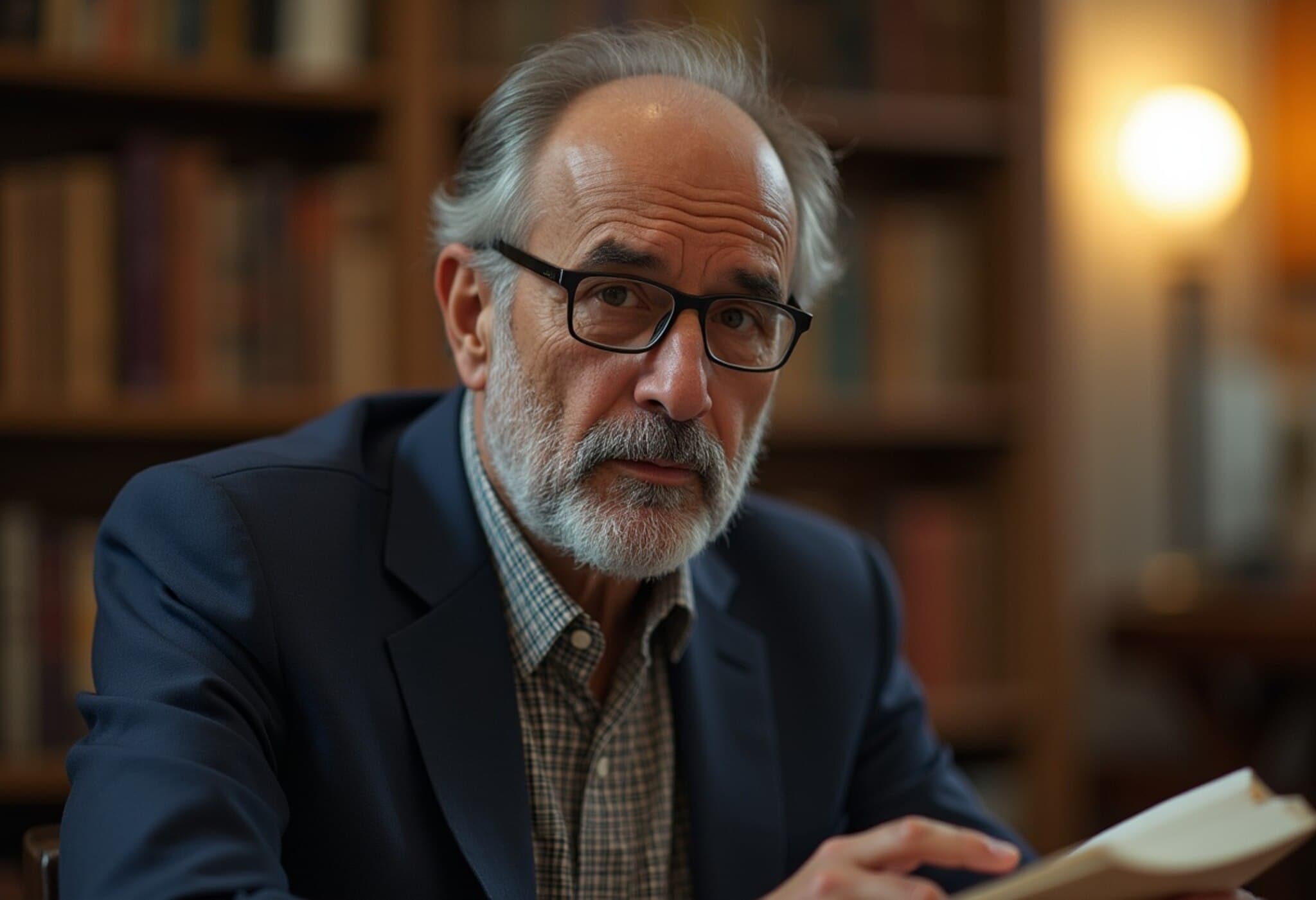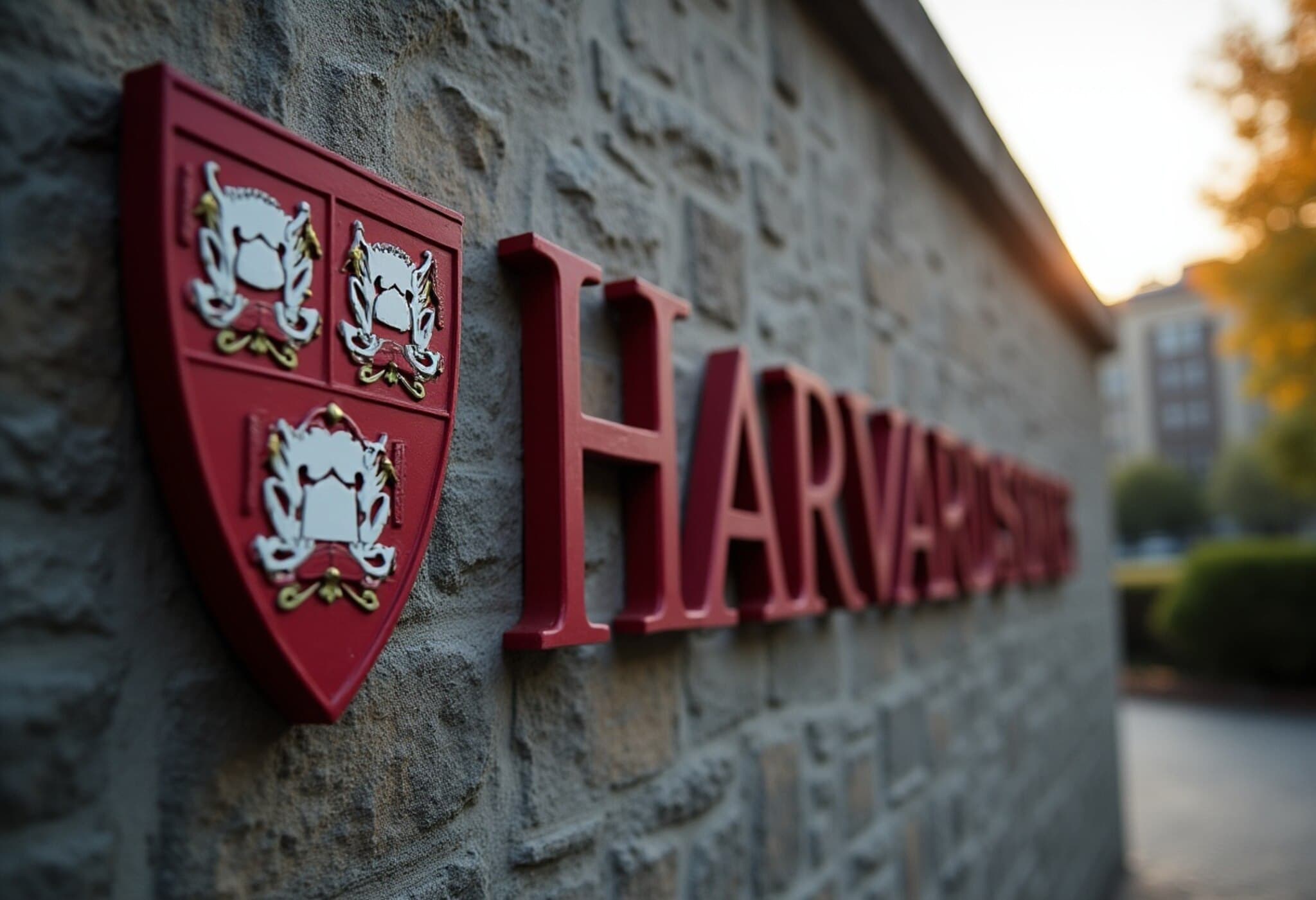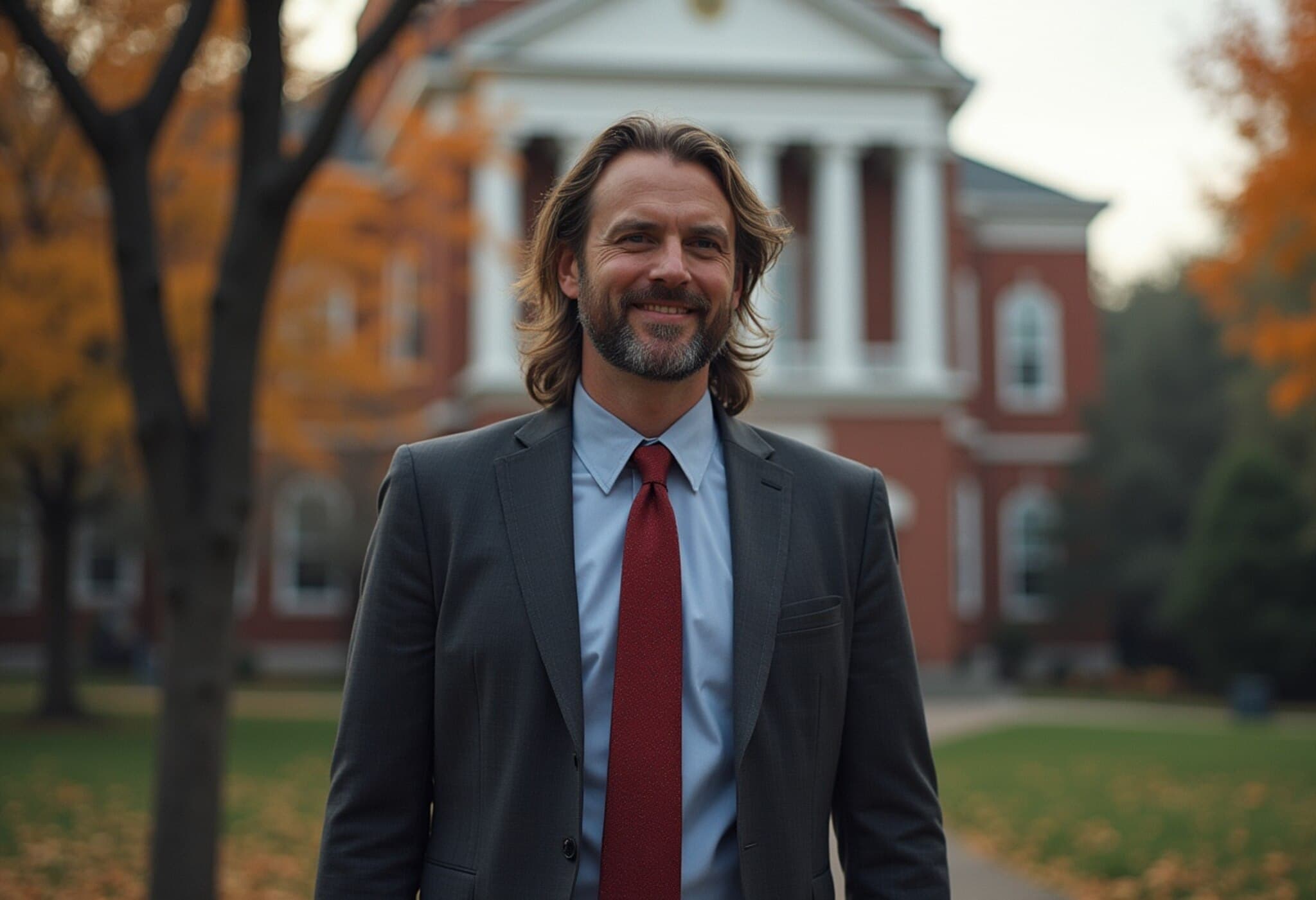Harvard Faces Crucial Court Hearing Over Frozen $2.6 Billion Research Funds
Harvard University has entered a pivotal legal battle to unfreeze nearly $2.6 billion in federal research grants, which were withheld by the Trump administration amid allegations that the university failed to combat antisemitism on campus. The hearing, held in Boston federal court, has far-reaching implications for academic freedom, federal funding policies, and the future of research at one of America’s premier institutions.
The Conflict: Academic Freedom vs. Government Oversight
The core of Harvard’s lawsuit, presented before US District Judge Allison Burroughs, protests the government’s decision to suspend funding streams after the university declined to comply with demands to politically audit its students and staff. Steven Lehotsky, representing Harvard, characterized the freeze as an unprecedented intrusion into the university’s autonomy, warning that hundreds of scientific and medical projects risk shutdown and that numerous early-career researchers face unemployment without these funds.
Judge Burroughs expressed skepticism over the government’s rationale, highlighting that no concrete evidence was provided linking Harvard projects to antisemitism. She pressed the government’s attorney, Michael Velchik, to clarify the legal basis for cutting off funds. While Velchik maintained the government’s commitment against antisemitism and asserted the right to halt grants not compliant with presidential directives, critics see this as a troubling overreach that threatens constitutional protections surrounding free speech and academic inquiry.
Background: The Antisemitism Task Force and Funding Freeze
- On April 11, 2025, a federal antisemitism task force sent a letter to Harvard urging the university to scrutinize and broaden the political perspectives represented among its community.
- Harvard rejected the task force’s demand, asserting that academic admission and hiring decisions should remain independent of political litmus tests.
- Following this, multiple federal agencies halted funding approvals, ultimately terminating contracts valued at more than £2.2 billion.
- Education Secretary Linda McMahon barred Harvard from applying for new grants, further escalating the standoff.
Broader Implications: A Test of Government Power Over Academia
Harvard's endowment, approximately £41 billion, cushions the financial blow but cannot fully replace the lost federal support, especially for vital research in public health, veterans’ affairs, and national security. University President Alan Garber decried the administration’s tactics as a dangerous precedent, stressing that no government should dictate the content of higher education or the composition of university faculty and student bodies.
The American Association of University Professors has also thrown its weight behind Harvard, framing the freeze as punitive censorship aimed at curtailing protected speech under the First Amendment.
What’s Next? Legal and Political Stakes Ahead
Judge Burroughs has reserved her ruling, with the possibility that lifting the freeze could reignite vital research projects and provoke further legal challenges. Conversely, upholding the cuts risks damaging scientific advancement, endangering careers, and setting a chilling precedent for academic independence.
Beyond funding, former President Trump’s administration has hinted at potentially revoking Harvard’s tax-exempt status over the allegations of tolerating antisemitism—a move that experts warn could sever virtually all federal financial support, including crucial student loans, effectively delivering a crippling blow.
Expert Commentary
From a legal perspective, this confrontation underscores a growing tension between governmental authority and institutional autonomy in education. The Trump administration’s approach signals a novel, politically charged use of federal funding to enforce ideological conformity, raising questions about the limits of executive power and the safeguarding of academic freedom.
Economically, cutting such a significant share of public research funds could ripple through sectors reliant on university-led innovation, including biotechnology, medicine, and defense technologies. The potential loss also threatens the livelihoods of numerous staff and graduate researchers, heightening calls for clear guidelines to prevent politicization of research funding.
Underreported Angles and Critical Questions
- How might this case influence other universities facing similar federal scrutiny?
- What are the long-term implications for students and researchers caught between political crossfires?
- Could this legal battle catalyze new policies ensuring federal funds cannot be weaponized to suppress dissent or academic diversity?
Editor’s Note
This landmark case between Harvard University and the federal government offers a prism through which to examine the delicate balance between public funding and academic freedom. As the court decision awaits, it prompts an urgent dialogue on the role of government in shaping university discourse and research priorities. Readers should consider: How do we protect universities as incubators of diverse thought amid increasing political pressures? What safeguards are necessary to maintain integrity in federally funded research?


